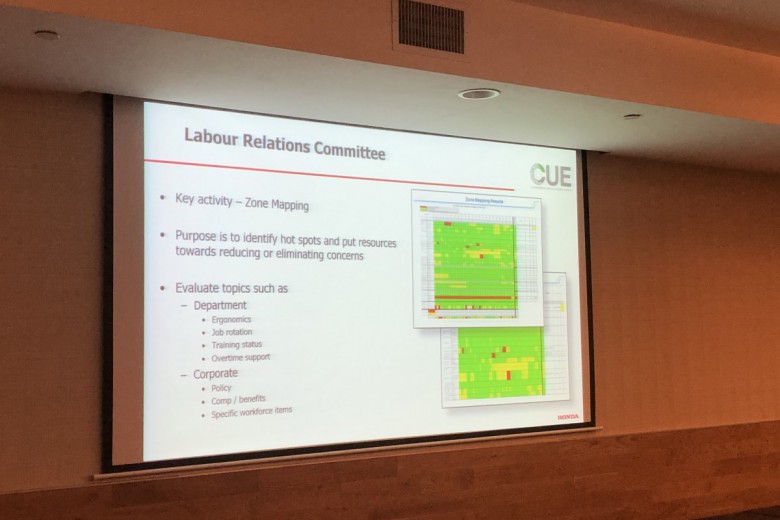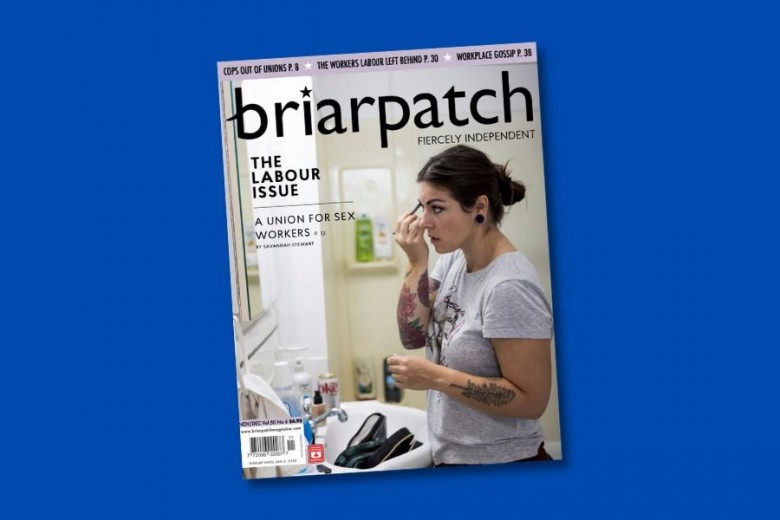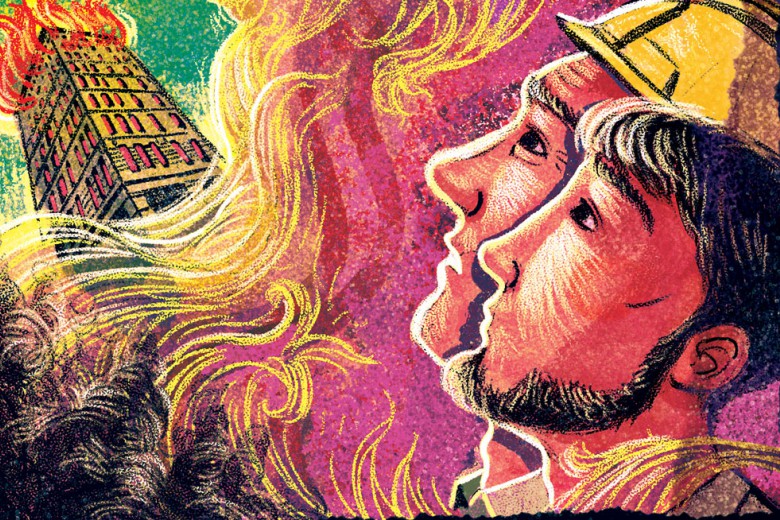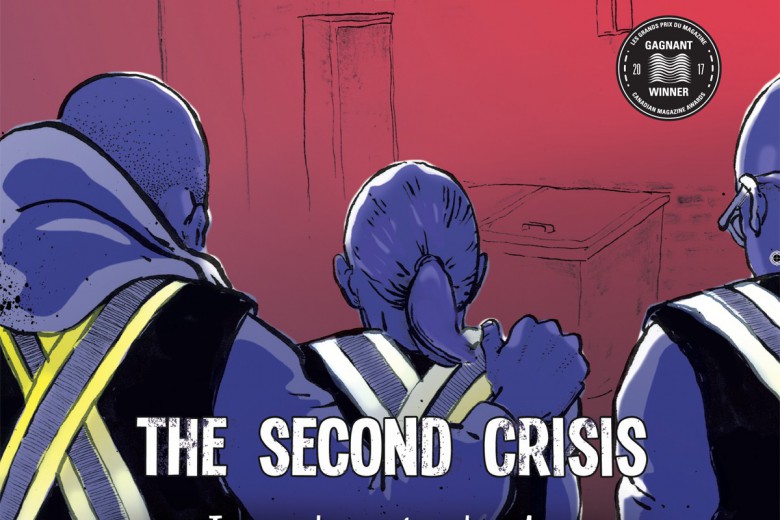The culture and politics of identity and diversity have entered mainstream North American culture with a vengeance. Hollywood is embarrassed about being so white, Justin Trudeau’s cabinet is 50 per cent women, and Canada’s 150th birthday celebrations have incorporated colonial crimes against Indigenous peoples and made them part of our heritage. Neoliberal capitalism in the 21st century can seemingly accommodate anything, as long as it means a role on television, a table to sit at, or an impassioned mention in political speeches. If, however, it means ending police violence, closing the gender pay gap, or relinquishing economic control to Indigenous communities, there is not a shred of genuine intention.
What these cultural concessions mask is persistent material inequality and exclusion. Liberal and conservative governments alike, along with economic power holders, celebrate the language of identity, even as the quality of life for poor and working-class people is in decline. Those most affected are racialized groups, women, people living with disabilities, and the unemployed. Secure housing, freedom from violence and harassment, a living wage, job security, affordable child care, decent schools, and a healthy environment are not abstractions that are based on feeling more included; rather, these realities are a critical part of being included and respected.
As state institutions are increasingly powerless under the proliferation of global capitalism, there are fewer social structures that defend our collective right to a decent life. Labour unions are still standing – they are decades-old, democratic institutions already organized for workers’ participation. Unions represent almost a third of employed Canadians and provide a framework to connect large numbers of people.
As state institutions are increasingly powerless under the proliferation of global capitalism, there are fewer social structures that defend our collective right to a decent life.
Work, society, and the state have changed significantly in the last century and unions have not adapted to these changes. This lack of agility does not mean that we must abandon these organizations and models; instead, they must be transformed. Reallocating wealth and creating new ways to organize the economy requires a willingness to wrestle for power over the long term, something only possible through participation in large, democratic, sustainable organizations. While unions may seem like a relic of 20th-century industrial prosperity, their ability to harness the power of productive wealth is key to resisting exclusion and inequality.
Unions can be what we make them – their structures do not require that they maintain their postwar formations. We can use unions to fight for economic justice while also articulating broader demands against gender inequality, environmental degradation, and racism. Unionized workplaces already address some of these issues in small but significant ways: providing equal pay for equal work through collective bargaining, fighting for differentiated entitlements based on family obligations, protecting the rights of workers to practise their religions. Organized labour must go further.
Workers could demand that businesses make changes to protect the environment – whether through funding public transportation for employees or eliminating pollution and waste. Unions could undertake the integration of newcomers into the workforce by compelling employers and governments to respect their prior skills and experience. A strong labour movement could agitate for a shorter workweek (we did it before with the weekend!) and the provision of adequate economic support for people caring for children or family members, and those unable to work. A revived labour movement must conceive of workers’ identities beyond societal class and become a space from which to articulate and fight for broad social and economic improvements.
A powerful labour movement won’t solve all the problems of Canadian society, but it is one way to organize collectively as opposed to drifting aimlessly in unorganized outrage. When I became a high-school teacher, I immediately appreciated the benefits of unionization. This compelled me to become active in my union, to learn how it works, and to think about ways to involve more members. Union participation can be slow and boring. Trying to put forward new ideas or make changes within the existing structure can be frustrating. Still, this sustained engagement and its connection with my day-to-day working life holds potential for long-term societal transformation.
Union leaders need to foster new ideas by finding ways to facilitate participation from workers who are often overwhelmed with other responsibilities. Organizing more workers should be a priority for all unions, as opposed to simply maintaining the entitlements of current members. Industries dominated by women and racialized groups must take priority. The proliferation of precarious work must be challenged.
We can pretend that righteous indignation on its own will cause some kind of charitable trickle from the top to the bottom. Or we can come together to revive organized work in Canada in ways that force the redistribution of power and wealth and create a truly inclusive society. Building a humane system to organize labour and resources is an enormous task, and the more we invest in functional (and transformative) institutions, the greater chance we have of doing this successfully.







